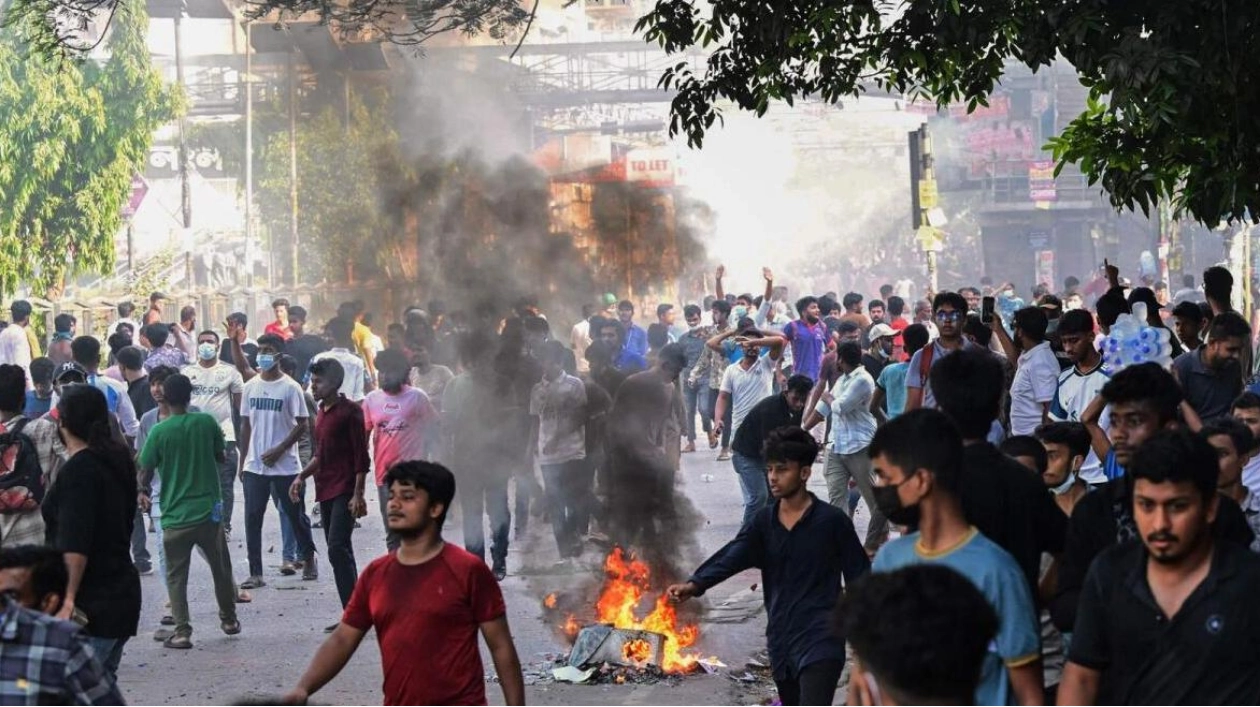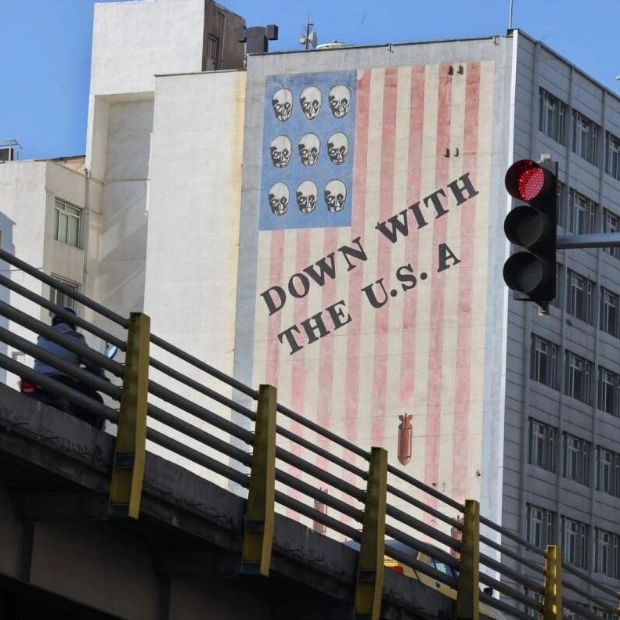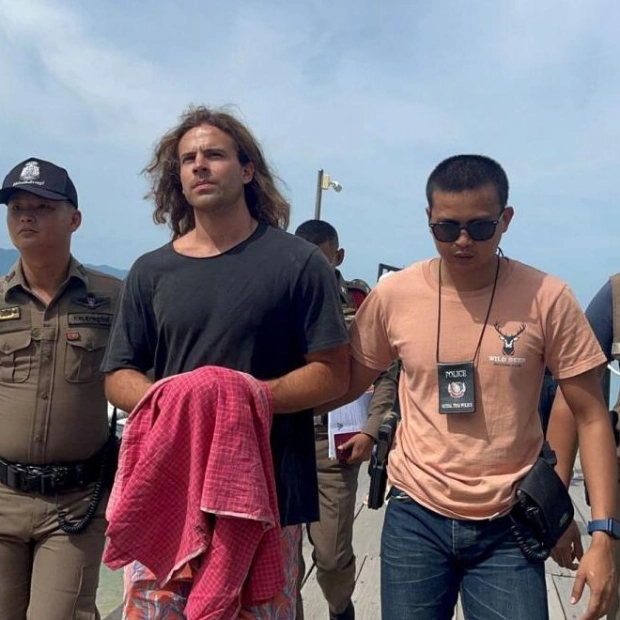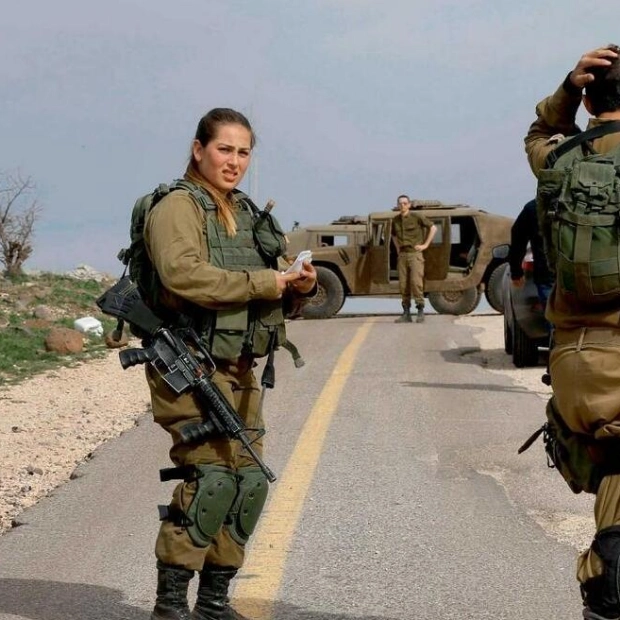Bangladesh Prime Minister Sheikh Hasina accused her political rivals of instigating the deadly violence that erupted during recent student protests against government job quotas. In a statement on Monday, she announced that the curfew would be lifted once the situation stabilizes. This followed the country's highest court decision to eliminate most quotas, a ruling made after several days of violent confrontations between demonstrators and security forces. These clashes led to the government shutting down internet services, imposing a curfew, and deploying the army. Hospital records indicate that at least 147 people died, marking one of the most severe instances of violence in recent years.
Hasina, who secured her fourth consecutive term in January during an election largely boycotted by the main opposition, addressed business leaders in Dhaka, her first public comments since the curfew was imposed on Friday. She emphasized that the curfew was a necessary measure to safeguard citizens' lives and property, stating, "I never wanted it. We will lift the curfew whenever the situation gets better." Hasina pointed the finger at the Bangladesh Nationalist Party and the Jamaat-e-Islami party, along with its student wing, for the escalated violence.
Despite the calm on the streets of Dhaka on Monday, following the Supreme Court's decision to reduce job quotas from 56% to 7%, protesters have issued a 48-hour ultimatum to the government to meet their new demands. These include a public apology from Hasina, restoration of internet connections, and reopening of campuses. The Anti-Discrimination Student Movement has also demanded the resignation of certain ministers and university officials, as well as the dismissal of police officers involved in the violence.
The recent protests, which saw thousands injured as security forces used tear gas, rubber bullets, and sound grenades, reflect broader economic challenges. Bangladesh's once-booming economy has struggled post-COVID-19, with costly energy imports exacerbating financial woes. The government has sought assistance from the International Monetary Fund to address these issues.






